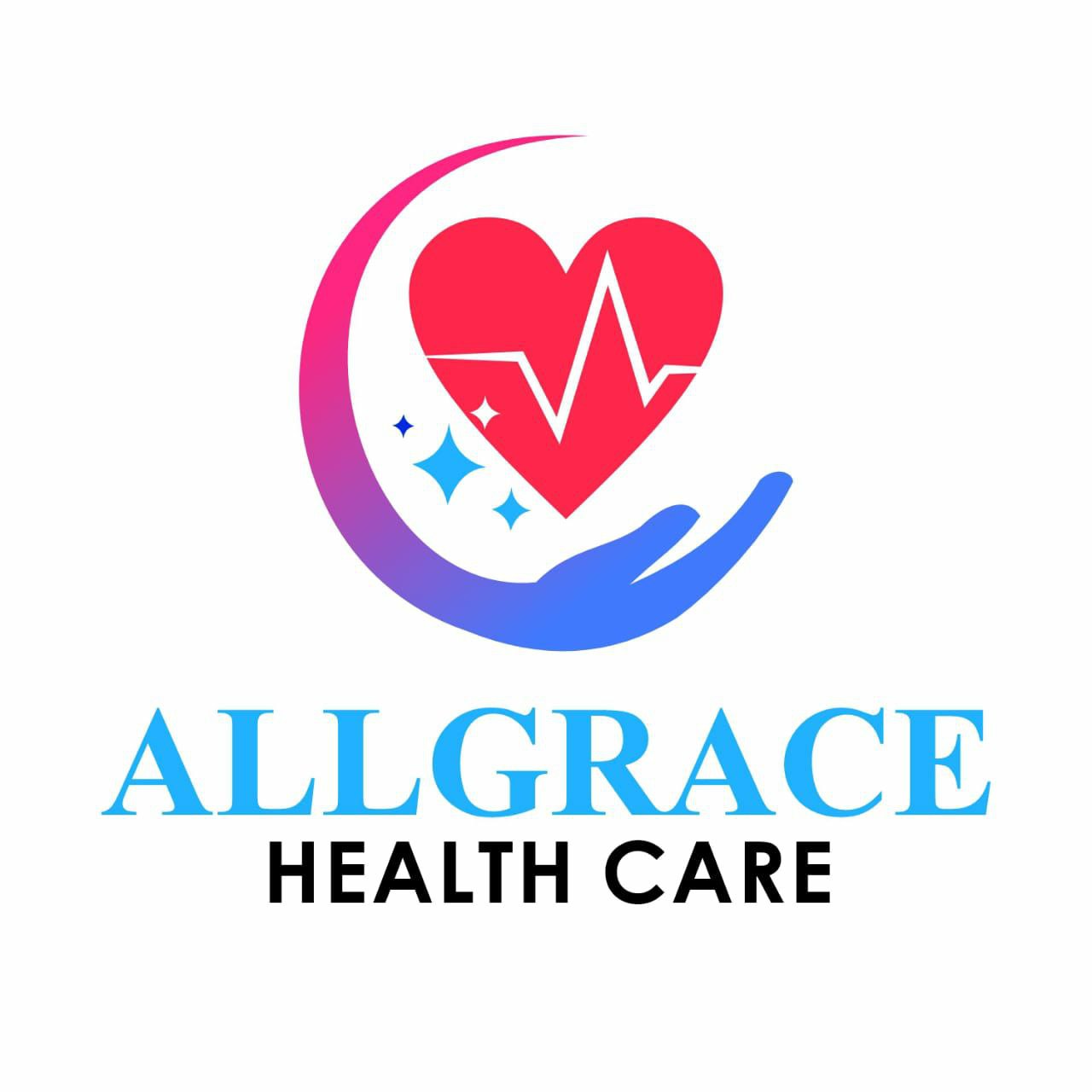Regular health check-ups for elderly parents are of utmost importance to ensure their overall well-being and to detect any potential health issues at an early stage. As our parents age, their bodies become more susceptible to various health conditions and diseases. Regular check-ups can help identify these issues before they become serious and allow for timely intervention and treatment. However, navigating the complexities of healthcare for elderly parents can be overwhelming. This comprehensive guide aims to provide valuable information and recommendations to help you navigate this process and ensure the best possible care for your loved ones.
Key Takeaways
- Regular health check-ups are important for elderly parents to maintain their health and detect any potential health issues early on.
- Common health issues faced by elderly parents include chronic diseases, cognitive decline, and mobility issues.
- Finding the right healthcare provider for your elderly parents involves considering their specific needs and preferences.
- Scheduling regular health check-ups for your elderly parents can help ensure they receive the necessary care and treatment.
- Preparing your elderly parents for health check-ups involves communicating with them about the process and addressing any concerns they may have.
Understanding the Importance of Regular Health Check-ups for Elderly Parents
Regular health check-ups for elderly parents offer numerous benefits. Firstly, they provide an opportunity to assess their overall health and well-being. Through routine screenings and tests, healthcare providers can identify any underlying health conditions or risk factors that may not be immediately apparent. Early detection is crucial as it allows for prompt intervention and treatment, which can significantly improve outcomes.
Secondly, regular check-ups help prevent the development of chronic diseases. Many chronic conditions, such as diabetes, heart disease, and certain types of cancer, can be managed or even prevented with early detection and appropriate lifestyle modifications. By monitoring your elderly parents’ health regularly, healthcare providers can identify any warning signs or risk factors and provide guidance on how to mitigate them.
Identifying the Common Health Issues Faced by Elderly Parents
Elderly parents are more prone to certain health issues due to the natural aging process and other factors such as lifestyle choices and genetics. Some common health issues faced by elderly parents include cardiovascular diseases, arthritis, osteoporosis, diabetes, dementia, and depression.
According to the World Health Organization (WHO), cardiovascular diseases are the leading cause of death among older adults globally. Arthritis affects approximately 50% of adults aged 65 and older, leading to pain and reduced mobility. Osteoporosis is another prevalent condition among the elderly, characterized by weakened bones and an increased risk of fractures. Diabetes is also common, with the risk increasing with age. Dementia, including Alzheimer’s disease, affects a significant portion of the elderly population and can have a profound impact on their quality of life. Lastly, depression is a prevalent mental health issue among older adults, often overlooked and underdiagnosed.
Finding the Right Healthcare Provider for Your Elderly Parents
Choosing the right healthcare provider for your elderly parents is crucial to ensure they receive the best possible care. When selecting a healthcare provider, consider factors such as their expertise in geriatric care, their reputation, and their ability to communicate effectively with both you and your parents.
It is essential to find a healthcare provider who specializes in geriatric care or has experience working with older adults. Geriatricians are medical doctors who specialize in the care of older adults and have specific training in managing the unique health needs of this population. They are well-versed in age-related conditions and can provide comprehensive care tailored to your parents’ specific needs.
Additionally, consider the reputation of the healthcare provider or facility. Seek recommendations from friends, family, or other healthcare professionals who have experience with geriatric care. Online reviews and ratings can also provide valuable insights into the quality of care provided.
Effective communication is key when it comes to healthcare for elderly parents. Look for a healthcare provider who takes the time to listen to your parents’ concerns and addresses them in a compassionate manner. They should be able to explain medical information in a way that is easily understandable for both you and your parents.
Scheduling Regular Health Check-ups for Your Elderly Parents
The frequency of health check-ups for elderly parents may vary depending on their overall health status and any pre-existing conditions they may have. In general, it is recommended to schedule annual check-ups for healthy older adults. However, if your parents have chronic conditions or are on specific medications, more frequent check-ups may be necessary.
During these check-ups, healthcare providers will conduct a comprehensive assessment of your parents’ health, including physical examinations, blood tests, and screenings for common age-related conditions. They will also review any medications your parents are taking and make any necessary adjustments.
To ensure regular check-ups are scheduled, it can be helpful to set reminders or establish a routine. Consider coordinating with your parents’ healthcare provider to schedule appointments in advance and mark them on a calendar. This way, you can plan ahead and ensure that all necessary tests and screenings are completed.
Preparing Your Elderly Parents for Health Check-ups

Preparing your elderly parents for health check-ups is essential to ensure that they get the most out of their appointments. This includes both physical and mental preparation.
Physically, encourage your parents to maintain a healthy lifestyle leading up to their check-ups. This includes eating a balanced diet, engaging in regular physical activity, and getting enough rest. It is also important to remind them to take any prescribed medications as directed.
Mentally, help alleviate any anxiety or concerns they may have about the appointment. Explain the purpose of the check-up and reassure them that it is a routine part of maintaining their health. Encourage them to write down any questions or concerns they may have beforehand so that they can discuss them with their healthcare provider during the appointment.
Accompanying Your Elderly Parents to Health Check-ups
Accompanying your elderly parents to their health check-ups can provide numerous benefits. Firstly, it allows you to be actively involved in their care and stay informed about their health status. By being present during the appointment, you can ask questions, clarify information, and ensure that all concerns are addressed.
Secondly, accompanying your parents can provide emotional support. Many older adults may feel anxious or overwhelmed during medical appointments, especially if they are dealing with chronic conditions or complex health issues. Your presence can help alleviate their anxiety and provide reassurance.
To be a supportive companion, it is important to actively listen to your parents and their healthcare provider. Take notes during the appointment to ensure that you remember important information and instructions. Ask questions on behalf of your parents if they are unable to do so themselves. After the appointment, discuss any concerns or follow-up instructions with your parents and help them navigate any necessary next steps.
Understanding the Results of Health Check-ups and Taking Action
Understanding the results of health check-ups is crucial to ensure appropriate action is taken. Healthcare providers will typically explain the results during the appointment, but it is important to ask for clarification if anything is unclear.
If any abnormalities or potential health issues are identified, healthcare providers will recommend further tests or consultations with specialists. It is important to follow through with these recommendations promptly to ensure timely intervention and treatment.
In some cases, lifestyle modifications may be recommended based on the results of the check-up. This may include changes in diet, exercise habits, or medication management. It is important to take these recommendations seriously and work with your parents to implement any necessary changes.
Making Necessary Lifestyle Changes to Improve Your Elderly Parents’ Health
Lifestyle changes can have a significant impact on the health and well-being of elderly parents. Encourage them to adopt healthy habits such as eating a balanced diet, engaging in regular physical activity, getting enough sleep, and managing stress effectively.
A balanced diet rich in fruits, vegetables, whole grains, lean proteins, and healthy fats can provide essential nutrients and support overall health. Encourage your parents to limit their intake of processed foods, sugary beverages, and foods high in saturated fats and sodium.
Regular physical activity is also crucial for maintaining optimal health. Encourage your parents to engage in activities they enjoy such as walking, swimming, or yoga. Even light exercise can have numerous benefits, including improved cardiovascular health, increased strength and flexibility, and enhanced mood.
Adequate sleep is essential for overall health and well-being. Encourage your parents to establish a regular sleep routine and create a comfortable sleep environment. If they are experiencing difficulties with sleep, encourage them to speak with their healthcare provider for further guidance.
Lastly, stress management is important for maintaining good health. Encourage your parents to engage in activities that help them relax and unwind, such as reading, listening to music, or practicing mindfulness techniques. If necessary, consider exploring stress management programs or counseling services that may be available in your community.
Dealing with Health Insurance and Financial Matters for Elderly Parents’ Health Check-ups
Navigating health insurance and financial matters can be challenging, but it is an important aspect of ensuring that your elderly parents receive the care they need. Start by reviewing their health insurance coverage and understanding what services are covered and what costs may be associated with different types of appointments or tests.
If your parents have Medicare, familiarize yourself with the coverage options available to them. Medicare Part B covers preventive services such as annual wellness visits, screenings, and vaccinations. However, it is important to note that not all services may be covered or may require a copayment or deductible.
If your parents have supplemental insurance or a Medicare Advantage plan, review the coverage details to understand any additional benefits or limitations. It may be helpful to contact the insurance provider directly to clarify any questions or concerns you may have.
Financial matters can also play a role in accessing healthcare for elderly parents. If your parents are facing financial constraints, explore resources such as government assistance programs or nonprofit organizations that may provide financial support for healthcare expenses. Additionally, consider discussing their financial situation with a financial advisor who specializes in eldercare to explore options for managing healthcare costs effectively.
Encouraging Your Elderly Parents to Take Responsibility for Their Health
Encouraging your elderly parents to take responsibility for their health is crucial for their overall well-being. Empower them to actively participate in their healthcare by providing them with information, resources, and support.
Educate your parents about the importance of regular check-ups and the benefits of preventive care. Help them understand the role they play in maintaining their health and the impact their lifestyle choices can have on their well-being.
Encourage your parents to ask questions during their appointments and to advocate for themselves. Remind them that they have the right to understand their health conditions, treatment options, and any potential risks or side effects associated with medications or procedures.
Support your parents in managing their medications effectively. Help them organize their medications, set up reminders, and ensure that they are taking them as prescribed. If necessary, consider exploring options such as pill organizers or medication management apps to simplify the process.
Lastly, be a positive role model for your parents by prioritizing your own health and well-being. Show them that taking care of oneself is important at any age and that it is never too late to make positive changes.
Regular health check-ups for elderly parents are essential for maintaining their overall well-being and detecting any potential health issues at an early stage. By understanding the importance of these check-ups, identifying common health issues faced by elderly parents, finding the right healthcare provider, scheduling regular appointments, preparing your parents physically and mentally, accompanying them to appointments, understanding the results of check-ups, making necessary lifestyle changes, dealing with health insurance and financial matters, and encouraging your parents to take responsibility for their health, you can ensure that they receive the best possible care.
It is important to remember that healthcare for elderly parents is a complex and evolving process. Stay informed about new developments in geriatric care and regularly communicate with your parents’ healthcare provider to address any concerns or questions you may have. By being proactive and taking a comprehensive approach to their healthcare, you can help your elderly parents maintain their health and well-being as they age.
If you’re looking for more information on personalized home care services for your elderly parents, check out this article from All Grace Healthcare. They provide tailored solutions to ensure your loved one receives the best care possible. Additionally, if you’re interested in learning about the use of bed rails in long-term care facilities, All Grace Healthcare has a comprehensive guide that covers everything you need to know. And for those with teenagers who may be struggling with mental health issues, their article on understanding depression, anxiety, and self-care is a must-read. Take a look at these informative articles to further enhance your knowledge and support your loved ones.






0 Comments